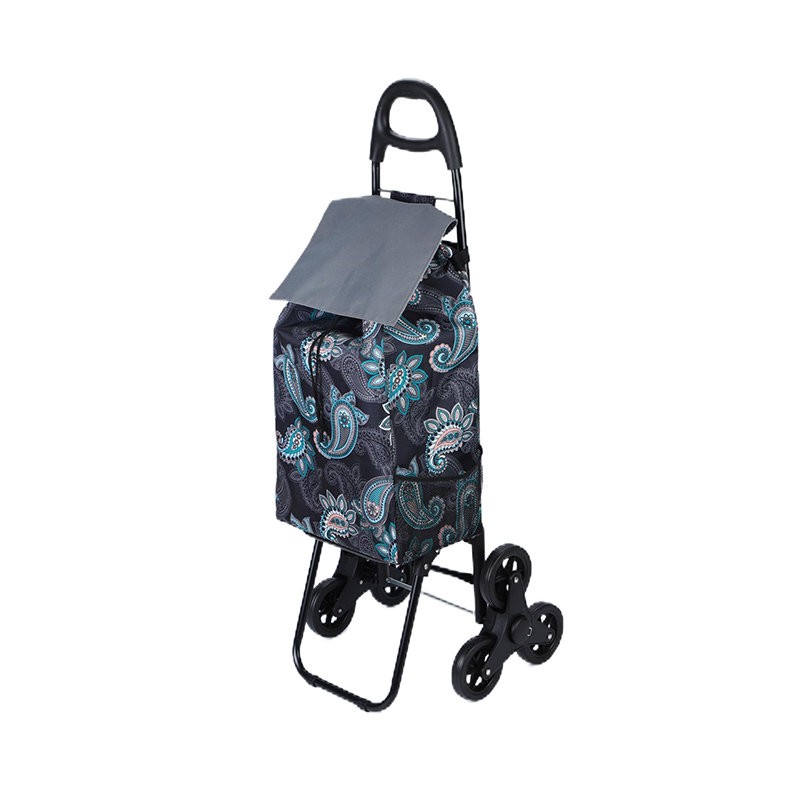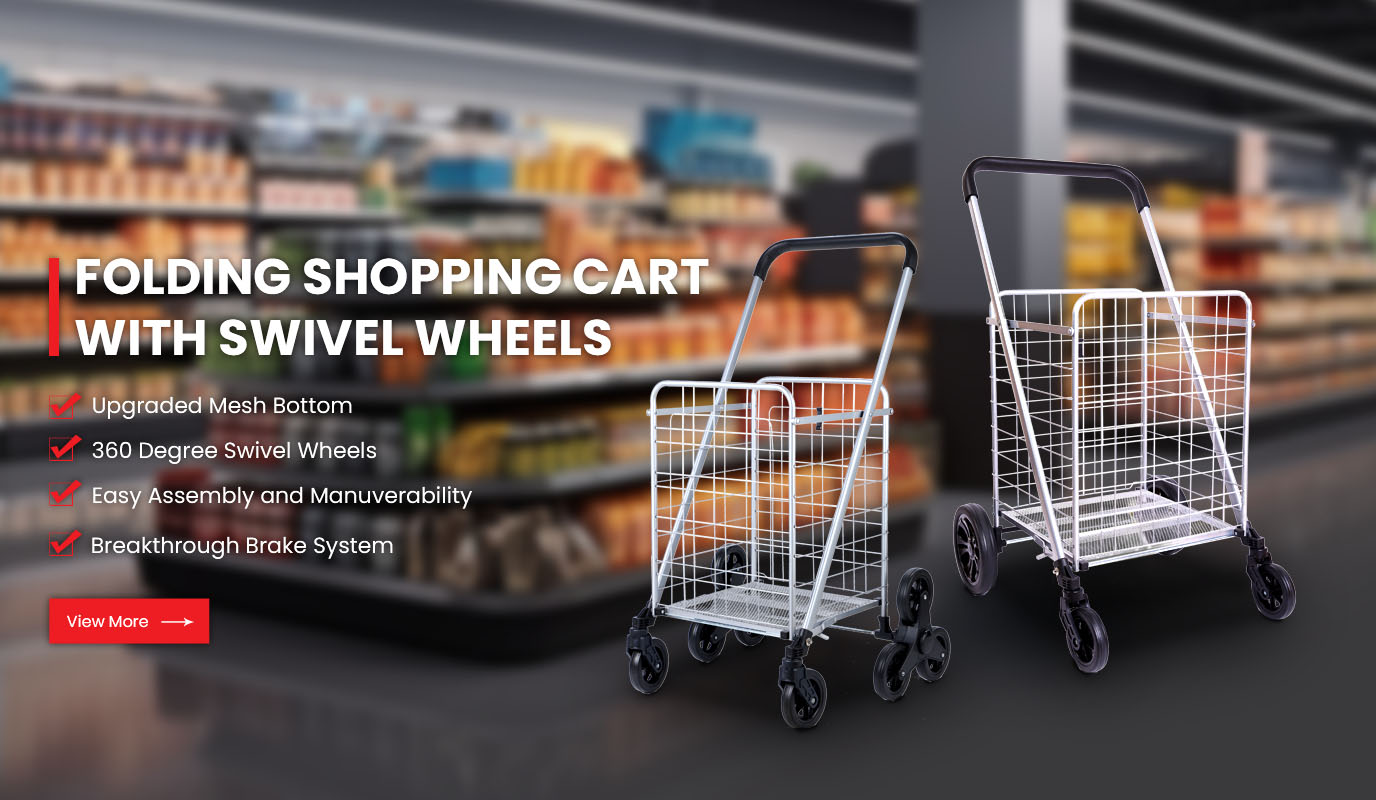China'S Aluminum Shopping Carts' Strategy To Break Through The Us 232 Tariffs
Against the backdrop of the US 232 tariffs on aluminum products, China's foldable aluminum trolleys are facing the challenge of surging export costs. This type of product is widely used in supermarkets, logistics and home scenarios due to its advantages of light weight, portability and storage efficiency, but its aluminum structural characteristics make it a key target of tariffs. To break through this trade barrier, Chinese companies need to build a systematic response plan from three dimensions: product characteristics, supply chain layout and legal strategy.
Breaking through the tariff classification boundaries with foldable design
There is room for technical interpretation in the definition of "aluminum products" under the US 232 tariffs. By strengthening the foldable structural design of the product, its attributes as a simple aluminum tool can be blurred.

Breaking through the rules of origin through supply chain reconstruction
Establish an assembly base or strategic storage center in North America, and complete the final assembly of key components in Mexico or Canada. According to the regional value content requirements of the US-Mexico-Canada Agreement, if the value added of a product in North America exceeds 40%, it can be eligible for tariff exemption. This hybrid supply chain model of "China's smart manufacturing + North American integration" not only retains the cost advantage of China's manufacturing, but also uses the rules of origin to bypass the restrictions of Section 232.
Technical certification builds a moat of trade compliance
Actively obtain the F2052-15 folding trolley safety certification of the American Society for Testing and Materials, as well as the EPA environmental certification. Use authoritative test reports to prove that the product meets the "green supply chain" standards, and strengthen the technical necessity argument when applying for tariff exclusions. Data shows that the proportion of companies that have obtained industry certification and successfully applied for tariff exclusions is 47% higher than that of ordinary companies. This technical endorsement can effectively weaken the basis for the accusation of "national security threat".
Differentiated market positioning disintegrates the threat of substitution
For high-priced stainless steel trolleys produced in the United States, highlight the cost-effectiveness of aluminum folding trolleys. Through the volume advantage after folding, focus on developing B-end market segments such as warehousing leasing and e-commerce distribution. At the same time, develop household scenario solutions, such as camping trolleys with patented storage bags, upgrade products from basic tools to lifestyle carriers, and establish an irreplaceable market positioning.
A combination of legal strategies to defuse tariff risks
Jointly establish the "232 Tariff Joint Response Fund" with industry associations to concentrate resources to challenge the rationality of tariff rulings. Citing the applicable boundaries of the security exception clause in Article 21 of the WTO's General Agreement on Tariffs and Trade, it is argued that folding trolleys, as terminal consumer products, should not be included in the scope of industrial raw material control. Simultaneously apply for the "special exclusion license" of the Ministry of Commerce and submit an application containing 2,000 US small and medium-sized enterprise procurement certificates to prove the fundamental role of this product in the US retail ecosystem.
The essence of this trade game is a comprehensive contest between technology upgrades and rule application. When foldable aluminum trolleys evolve from "bulk commodities" to "intelligent service terminals", their trade attributes have changed fundamentally. If Chinese companies can seize this opportunity for industrial upgrading, they will not only be able to break through the tariff war, but will also open up new value space in the global logistics equipment market. This transformation will eventually prove that trade barriers are not the end, but the starting point of industrial evolution.



